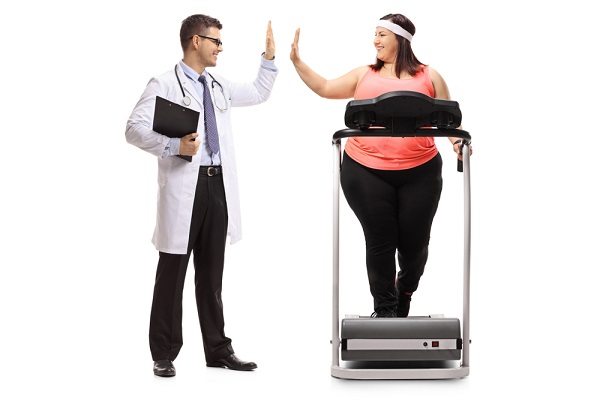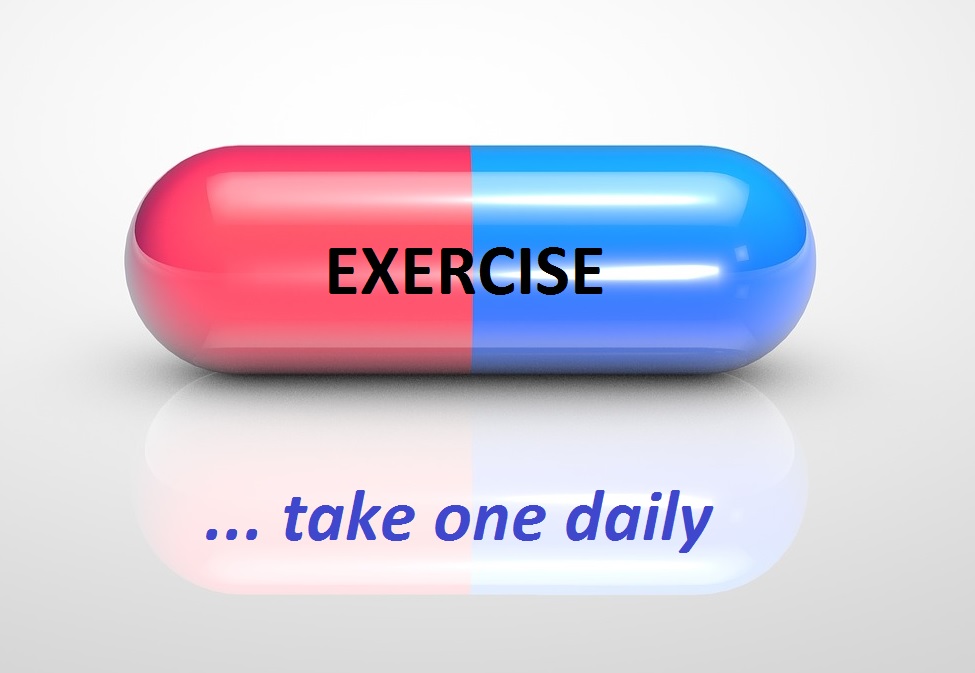In 2015, the Academy of Medical Royal Colleges in the UK called exercise the miracle cure. In their paper, the Academy outlined the benefits of exercise and encouraged doctors to promote it to their patients.
This idea of exercise as the miracle cure went largely unnoticed until a recent editorial in the prestigious British Medical Journal. In the same issue was an extensive review of exercise and guidelines for doctors to help their patients be more active.
With 70% to 80% of adults considered to be inactive, and increasing rates of obesity, we actually might start seeing life expectancy to decrease for the first time in generations. The World Health Organization has listed physical inactivity as the fourth leading risk factor for early death. So it would seem obvious exercising and being active would be the cure for inactivity. But does it really deserve to be called a miracle cure?
What does it mean to be a miracle cure? Does it need to be 100% effective? Will it really cure all? What about being safe and having no side effects?

Exercise or Medications or Surgery, Miracle Cure?
These are the types of questions we ask of drug therapies before using them. No, exercise isn’t 100% effective for all conditions. And it does have some side effects. But compared to traditional medical treatments prescribed to millions of people each day, I would argue exercise stands head and shoulders above them.
Society spends hundreds of millions of dollars researching and developing medications over years. Doctors and researchers test them in large randomized trials. And companies, along with doctors, spend endless amounts of time and money marketing these medications.
Don’t get me wrong, in many situations, medications are needed along with lifestyle therapies. At the same time, many people could be weaned off of their medications if they were guided to be more active. Regular exercise is as effective as medications in a number of conditions such as blood pressure reduction and early death.
When it comes to surgery patients often say their bypass surgery or angioplasty has cured them of heart disease. Unfortunately this isn’t the case. These are merely band-aid treatments aimed at short-term prevention and reducing symptoms. The disease is still present. All the surgeon has done is create an alternate route around a blocked artery to resume blood to flow in the heart. Conversely, exercise is one of a few things that has been proven to reverse atherosclerosis and decrease the blockage.

So why don’t doctors do more to encourage their patients to exercise?
Many doctors do, but most don’t. Some aren’t aware or convinced of the benefits (so feel free to share this article with your doctor). However, patients who receive exercise counselling from their doctors are more likely to be active.
Others say they don’t have the skills or time to guide patients to exercise. That may be true, as most doctors practising will not have been taught about exercise in school. But even that is changing as medical schools introduce lifestyle medicine to their training.
Some doctors have even told me it’s easier to tell a patient to take a drug than for them to exercise. One could argue whether that’s true or not, but just because something isn’t easy, doesn’t mean we shouldn’t do it. And people also have problems taking their medications too. I know I’ve forgotten to take my heart medications on the odd day but I’ve never forgotten whether I’ve exercised or not.

More than Medications
But exercise does so much than any single medication can. Regular exercise and physical activity is associated with a whole host of benefits from the well-known such as reducing your chances of getting heart disease and diabetes, to the emerging knowledge that exercise can help prevent and treat various cancers, as well as the effect of exercise on your mental well-being.
Just one bout of exercise can improve your mood. The effect is so powerful that exercise is a preferred treatment for depression over some medications. If exercise were a pill it would be a trillion-dollar blockbuster for the company.
I recently wrote that exercise can extend life by 2 to 5 years. Rightly so I received a comment that not all people want to live longer if it means extra years of being sick. Now a study has provided evidence that exercise can extend your disease free life too. Meaning the increased life expectancy from exercise comes from an increase in quality years.
We do need to make it easier for people to exercise regularly. Our society favours inactivity over activity. But that too is changing as we start to design our cities to make it easier to walk or ride in, along with other opportunities for exercise. We also should expect our health care professionals to use all tools in the toolbox when treating us. And one of those tools is exercise, which actually might just be the right tool.
If you like this post, don’t forget to subscribe to my blog at the bottom of the page.
Enjoy listening to podcasts? Check out my show How to Health. A podcast about you and your health.


Leave a Reply